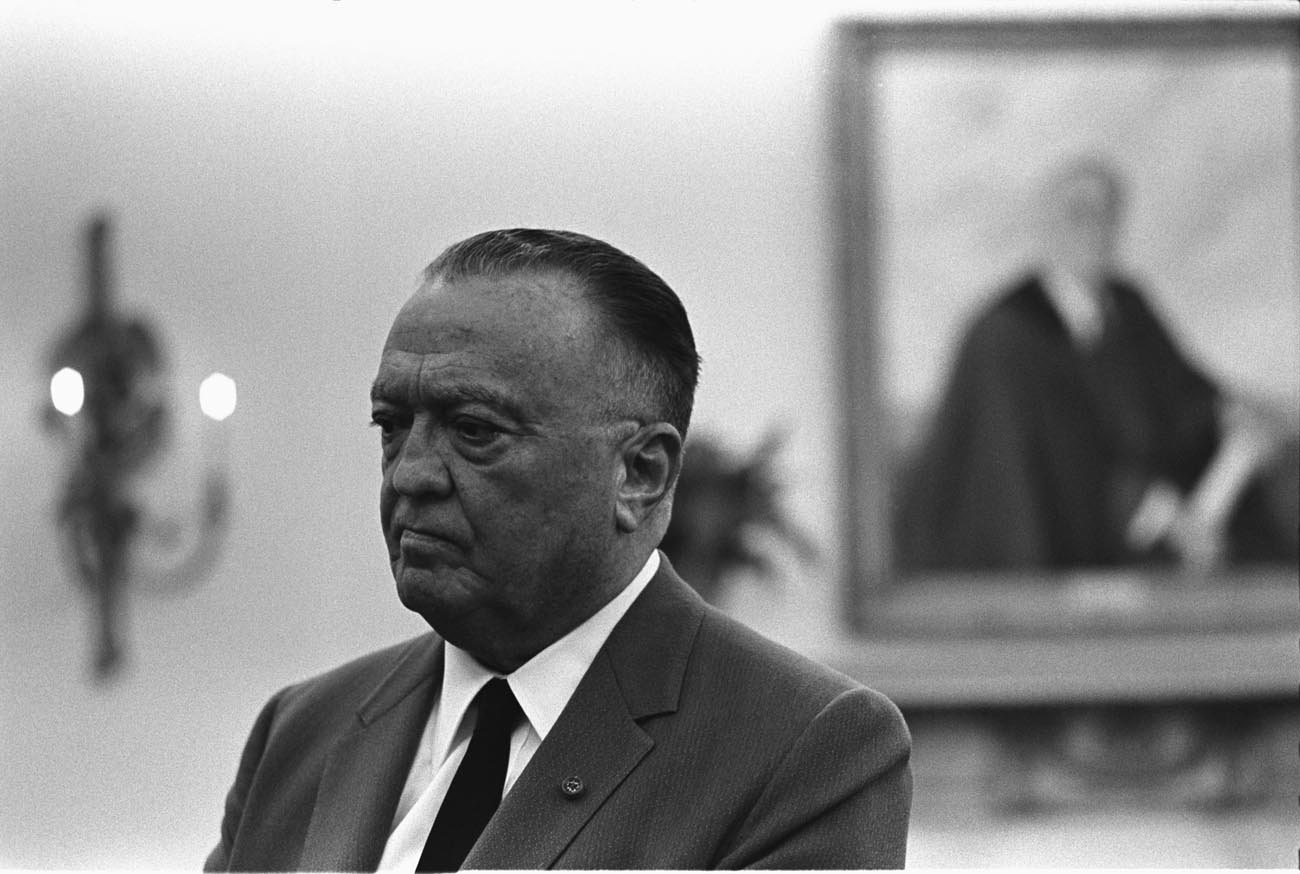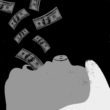So the State of the Union did not include a shout-out to Edward Snowden. He didn’t make a surprise appearance waving from the House gallery. The president did mention that we must be confident “the privacy of ordinary people is not being violated.” If he’s serious, he’d be bucking U.S. history. Outside the Beltway, public opinion is increasingly uncomfortable with the notion that the government has the right to gather and hold metadata defining anyone and everyone in this country. Inside, not so much.
This government domestic spy netherworld has been a key element of our somewhat democratic society for at least 150 years. You’ve got to figure that a form of government that has lasted for more than two centuries has accrued and created some mechanisms to protect its longevity, which may not be entirely a function of ideological strength and the faith of its citizenry. Among those mechanisms are government intelligence operations targeting its own citizens, operating within a democratically elected government that sometimes directs and blesses the intelligence actions, sometimes looks the other way, sometimes professes ignorance, and sometimes appears to be a victim of intelligence agency protection rackets that bully government officials into silence.
You’ve got to figure that a form of government that has lasted for more than two centuries has accrued and created some mechanisms to protect its longevity, which may not be entirely a function of ideological strength and the faith of its citizenry.
What’s different about 21st-century government intelligence is the technology-enabled multiplier that has given government the wherewithal to move from the surveillance of the targeted few to off-handed surveillance of everyone, just in case. If Google can track your shopping and communications, why shouldn’t government be able to do that and more?
In his landmark study, The Age of Surveillance (1981), Frank Donner traced the federalization of intelligence from the War Department’s hiring of the Pinkerton Detective Agency during the Civil War to conduct military espionage. The Pinkertons were thereafter employed by various levels of government and private companies to spy on union activity and anarchists. Resistance by dissenters of many stripes to World War I and the Bolshevik Revolution abroad led Attorney General A. Mitchell Palmer to strengthen the Justice Department’s Bureau of Investigation into a General Intelligence Division, headed by 24-year-old clerk J. Edgar Hoover. Hoover designed the GID Palmer Raids to arrest and deport commies, anarchists and other assorted immigrants and built an intelligence resource center that amassed 450,000 names in a few short years, including leaders of labor unions and the African-American press.
As Hoover amassed power, government officials relinquished control. Dissenters within government found themselves on enemies lists purveyed by the likes of Hoover, Joe McCarthy, and Richard Nixon. National security inevitably was the chief justification.
It seems acts of civil disobedience, including burglary, historically may be the most effective way to shine light on this government culture of surveillance, which itself has been known to stretch laws far beyond their intent. The recent Times story about the burglary of documents from a Media, Pennsylvania, FBI office on March 8, 1971, brought to light the identities of those dastardly break-in artists.
Mild-mannered, nursery school teacher Bonnie Raines, religion professor John Raines, and their colleagues were certain the FBI was spying on their peaceful protests against the Vietnam War. During an Ali-Frazier bout, they broke into the FBI office and discovered FBI documents discussing the secret COINTELPRO program launched by our government against its own citizens. Astounded by what they’d found, they released these documents anonymously to several journalists. The Media burglary lifted a manhole cover, exposing government domestic intelligence operations that included wiretaps, the use of agent provocateurs and informants, and all manner of dirty tricks to subvert legal dissent and democratic action.
A few years later, I was hired by PEN American Center to work with Allen Ginsberg and the collection he had amassed of government documents unearthed through the Freedom of Information Act to write a report on the government’s role in suppressing underground newspapers in the U.S. While fighting censorship and writer imprisonment around the globe, including Soviet oppression of samizdat literature, PEN, to its credit, took on government suppression of samizdat literature here at home, as evidenced by the near-extinction of the flourishing world of underground journalism in the U.S. during the same period.
We found dirty tricks, arrests, the use of agent provocateurs and informants, mail interception, wiretaps, dissembling rumors that legitimate staffers were informants, planted drugs, threatening FBI visits to printers, landlords, and employers, and repeated harassment of Black Panther Party magazines and anti-war publications with stories by enlisted personnel. Most of these journals operated on shoestrings, so evictions or increases in printing costs often meant the end of a publication.
If our government found the opinions of a few hippies distributing free newspapers printed on the cheapest rag paper to be a threat worth spending countless dollars to fight, then we knew we faced an enormous government intelligence network reaching into all corners of American life. (It gave you the feeling that people running counter-intelligence programs are often counter intelligent.)
There’s a part of our government and the corporate and military elite it represents that doesn’t trust innate democratic tendencies in the general populace. You could see it in the nervous response to the tent cities of Occupy Wall Street set up alongside the stone fortresses of Wall Street. U.S. domestic intelligence agencies seem to fear that democracy will go too far in this country. Is a call for higher taxes on the wealthy, stronger bank regulation, and economic democracy akin to treason? Ask Ted Cruz. Certainly we need to keep an eye on potential terrorism, but not to the extent that we dismantle our democracy from within.
The rule for our domestic intelligence agencies seems to be that they do it because they can and until we catch them. That’s no way to run a democratic country.
Geoff Rips is a contributor to The Washington Spectator and author of UNAMERICAN ACTIVITIES: The Campaign Against the Underground Press (City Lights, 1981).





0 Comments